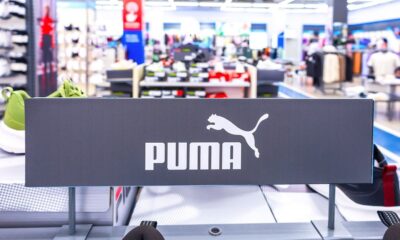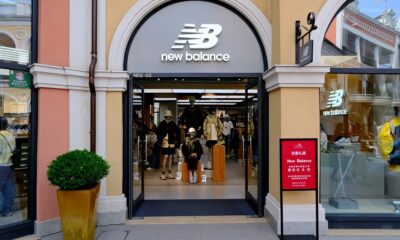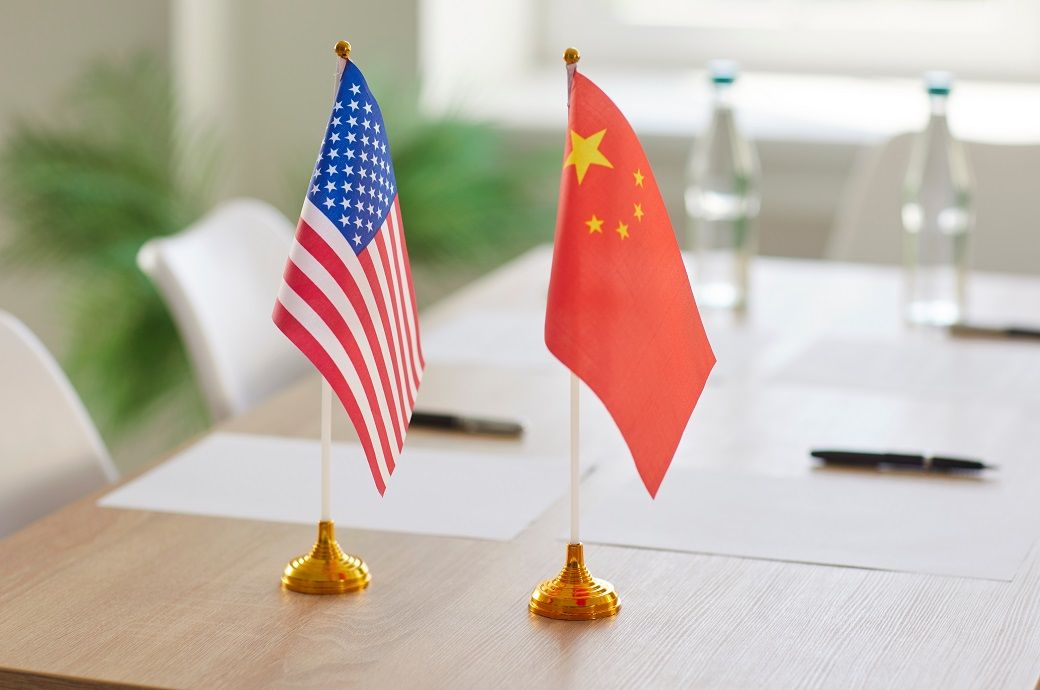Fashion
Denmark’s Bestseller leads $20 mn funding for robotics innovator
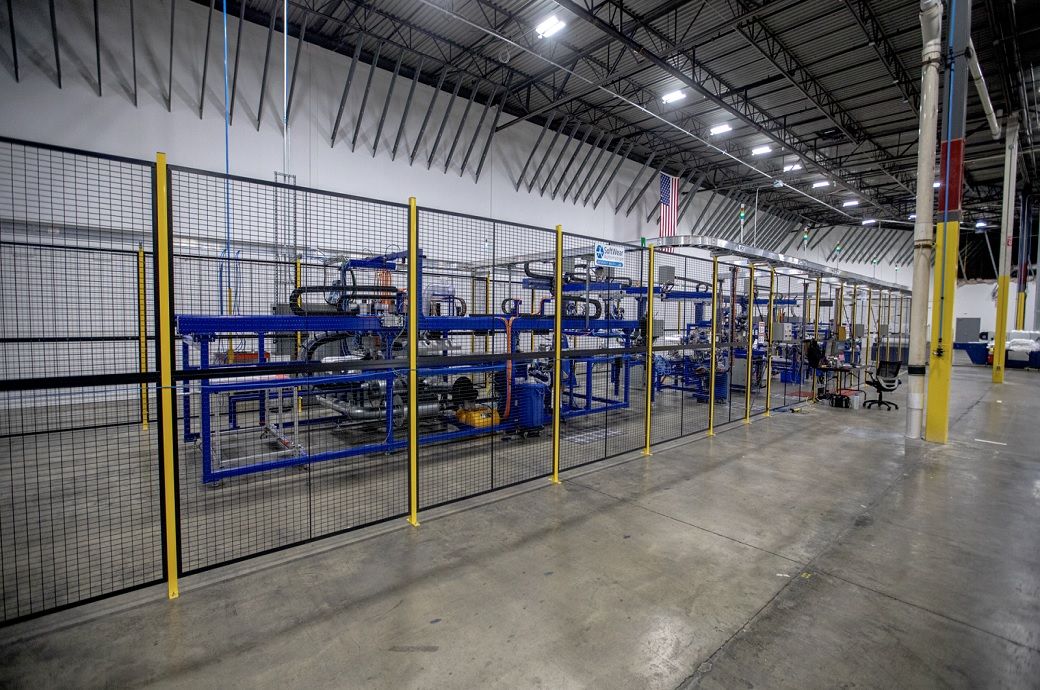
While yarn production has long been fully automated, the time may now have come for RMG (ready-made garment) production.
Softwear Automation, creator of autonomous ‘Sewbots’, secured $20 million in Series B1 funding led by Danish fashion group Bestseller via its Invest FWD platform.
The investment will accelerate T-shirt sewing tech completion, scale production, and enhance R&D, supporting on-demand, localised garment manufacturing and addressing industry needs for speed, flexibility, and lower environmental impact.
A pioneer in this field is Softwear Automation, a technology innovator which has developed a fully autonomous sewing solution: they are making robots that can sew clothes – called ‘Sewbots’.
Softwear Automation has just announced the successful close of its $20 million Series B1 funding round. The round was led by a strategic investment from BESTSELLER, the Danish fashion company behind brands such as JACK & JONES, VERO MODA, and ONLY. The investment was made through Invest FWD, BESTSELLER’s dedicated innovation and investment platform. Current investors also participated in the financing.
From BESTSELLER, CFO Thomas Børglum Jensen states: At BESTSELLER, we look for innovations that can support progress and changes in the fashion industry. We believe that Softwear Automation can help address some of the key challenges we face across the industry – from speed and flexibility to reducing the environmental impact of garment production. We are pleased to support their development and look forward to exploring how their advanced technology can help us move forward.
Thomas Børglum Jensen CFO, BESTSELLER: As part of the collaboration between Softwear Automation and BESTSELLER, CFO Thomas Børglum Jensen, on behalf of BESTSELLER, joins the board of Softwear Automation.
“This partnership with BESTSELLER and the support from Invest FWD are not just a vote of confidence in our technology — they are a powerful catalyst for the future of on-demand and localised apparel manufacturing,” said Palaniswamy “Raj” Rajan, Chairman and CEO of Softwear Automation.
The funding round aims to accelerate the completion of the robotics technology dedicated to t-shirt production, initiate the scaling of production capacity, and strengthen R&D.
The investment from BESTSELLER’s innovation and investment platform, Invest FWD, follows a series of other investments made by BESTSELLER in recent years. In total, BESTSELLER has invested more than DKK 200 million in innovative companies that aim to create the materials of the future and contribute to breakthroughs that can assist in the transformation of the fashion industry.
A significant criterion for the investments is that they not only meet BESTSELLER’s needs but also help push the entire fashion industry forward.
“When it comes to transforming the fashion industry, it is necessary with a diversified focus. The fashion industry is still linear, so it is crucial for us to also invest in innovative recycling technologies that can transform the clothes we wear today into new garments for the next generation. We have been doing this for several years, and we will intensify these efforts going forward,” says Dorte Rye Olsen, Head of Sustainability at BESTSELLER.
Note: The headline, insights, and image of this press release may have been refined by the Fibre2Fashion staff; the rest of the content remains unchanged.
Fibre2Fashion News Desk (RM)
Fashion
USITC launches study on ending China PNTR
Fashion
Germany’s Puma’s FY25 sales slide on wholesale reduction
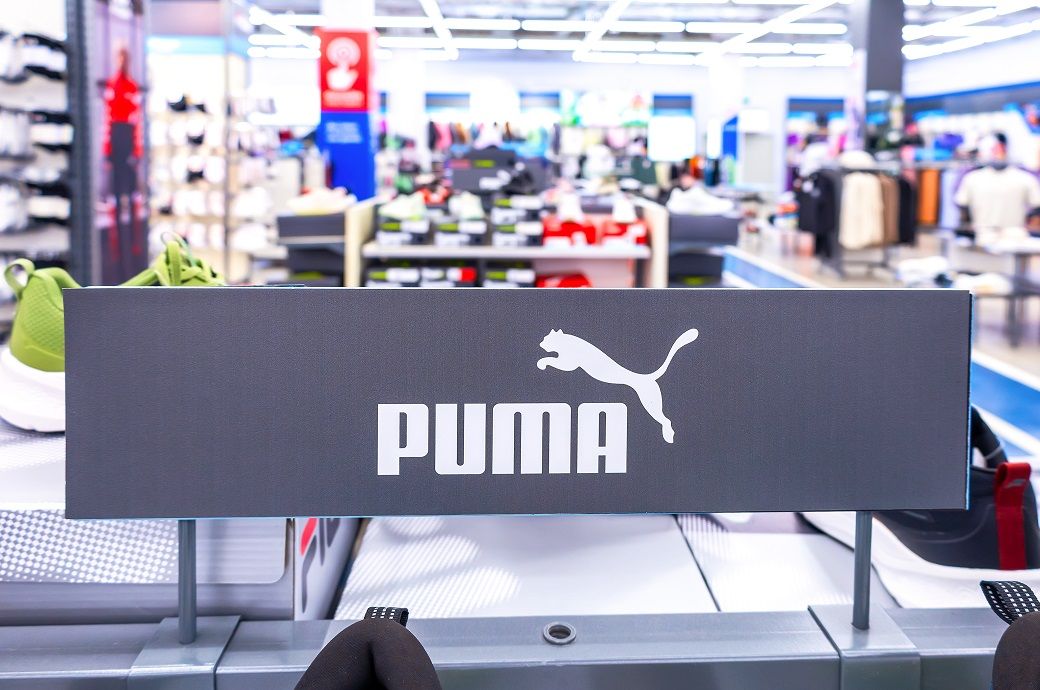
Wholesale revenue dropped 12.8 per cent on a currency-adjusted basis to €4.9 billion, while direct-to-consumer (DTC) sales increased 3.4 per cent, lifting the DTC share to 32.4 per cent from 28.9 per cent.
Regionally, sales fell 6.9 per cent in Europe, Middle East and Africa (EMEA), 7.4 per cent in Asia-Pacific and 10 per cent in the Americas, with North America driving much of the decline.
Puma has reported sales of €7.3 billion (~$8.61 billion) in FY25, with currency-adjusted revenue down 8.1 per cent amid strategic reset actions.
Wholesale declined while DTC share increased.
Margins contracted and EBIT turned negative, leading to a net loss.
Q4 saw sharper declines across regions and categories.
Puma expects further sales softness and negative EBIT in FY26.
By product segment, footwear sales decreased 7.1 per cent, apparel declined 9.7 per cent and accessories fell 8.5 per cent, although selective growth was observed in running, training and premium sport style lines, Puma said in a press release.
Profitability weakened significantly during the year. Gross margin contracted 260 basis points to 45.0 per cent, impacted by promotional activity, inventory reserves, unfavourable mix and currency effects. Adjusted EBIT turned negative at €165.6 million, while reported EBIT declined to -€357.2 million after €191.6 million in one-off costs related mainly to the cost efficiency programme and goodwill impairments.
Loss from continuing operations widened to -€643.6 million, translating to earnings per share of -€4.37 versus €1.88 in the prior year.
From a balance sheet perspective, inventories rose 2.3 per cent to €2.06 billion as inventory takebacks from wholesale partners supported distribution clean-up. Working capital increased 20.2 per cent, while trade receivables and payables declined sharply in line with reduced sales and purchasing activity. Puma ended the year with additional financing capacity, including €1,202.2 million in unutilised credit lines.
Fourth quarter (Q4) performance reflected the peak impact of the strategic reset. Currency-adjusted sales declined 20.7 per cent to €1,564.9 million, with reported revenue down 27.2 per cent due to currency headwinds. The decline was driven by deliberate reductions in wholesale exposure, inventory clearance actions and lower promotional intensity.
Wholesale sales fell 27.7 per cent in Q4, while DTC revenue decreased 8.0 per cent, although DTC share increased to 41.1 per cent from 35.5 per cent. Regionally, sales dropped 12.6 per cent in Asia-Pacific, 22.2 per cent in the Americas and 24.3 per cent in EMEA.
Across product divisions, footwear sales declined 25.4 per cent, apparel fell 13.7 per cent and accessories dropped 18.2 per cent, with selective resilience in training and performance running categories.
Profitability deteriorated sharply. Gross margin declined to 40.2 per cent from 47.7 per cent due to promotions, inventory provisions and currency effects. Adjusted EBIT fell to -€228.8 million, while reported EBIT reached -€307.7 million following one-off costs linked to restructuring and impairment charges. The quarter ended with a loss from continuing operations of -€335 million.
Arthur Hoeld, CEO of Puma, said: “2025 was a reset year for us. We want to establish Puma as a top 3 sports brand globally, return to above-industry growth and generate healthy profits in the medium term. It is crucial to make the Puma brand less commercial and ensure we once again excite our consumers with attractive products, compelling storytelling and distribution in the right channels. I am satisfied with the progress we have made so far. We cleaned up most of our distribution by reducing promotions in our own channels and cutting our exposure to those wholesale channels that damage our brand’s desirability. To better position our product icons and our performance offering and tell more engaging product stories, we created the right structures inside our company. We also addressed operational inefficiencies and further optimised our cost base.”
Looking ahead, Puma expects currency-adjusted sales in fiscal 2026 to decline in the low- to mid-single-digit percentage range, with EBIT projected between -€50 million and -€150 million. Capital expenditure of around €200 million is planned as the company continues investments in brand repositioning and digital capabilities, added the release.
Fibre2Fashion News Desk (SG)
Fashion
India’s real GDP estimated to grow 7.6% in FY26 under new base FY23
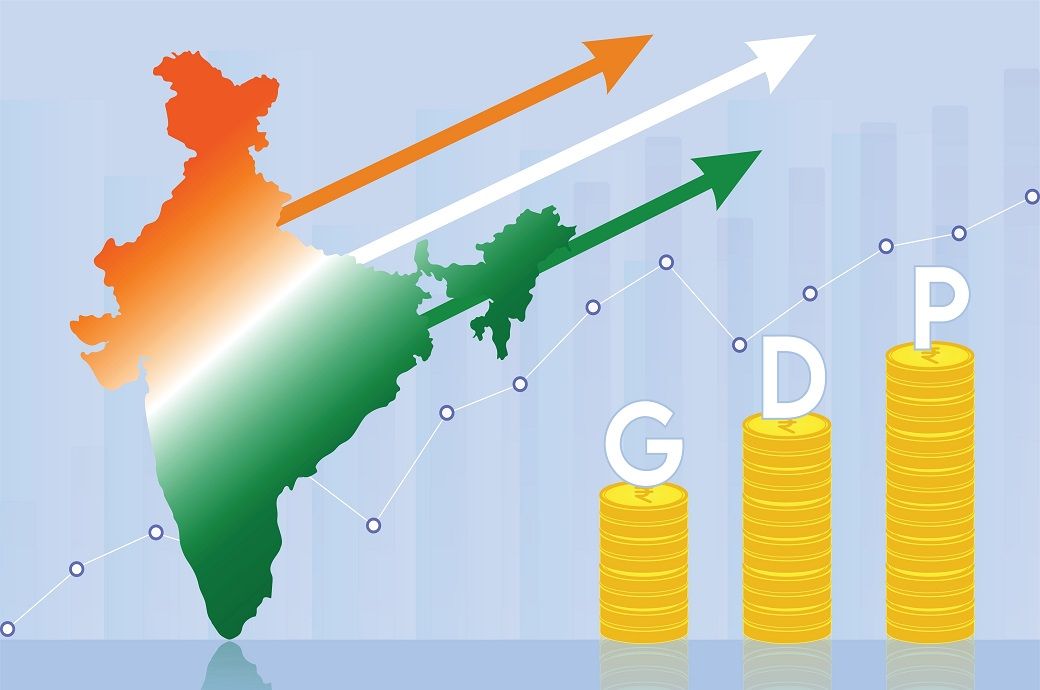
Nominal GDP, or GDP at current prices, is estimated to grow at 8.6 per cent to reach ₹345.47 trillion in FY26 against ₹318.07 trillion in 2024-25.
India’s real GDP is estimated to grow at 7.6 per cent to ₹322.58 trillion (~$3.54 billion) in FY26 compared to the first revised GDP estimate of ₹299.89 trillion for FY25 (7.1 per cent growth).
It released the new series of annual and quarterly national accounts estimates with FY23 base.
Real GVA is projected to grow at 7.7 per cent to reach ₹294.40 trillion in FY26 against ₹273.36 trillion in FY25.
Real gross value added (GVA) is projected to grow at 7.7 per cent to reach ₹294.40 trillion in FY26 against ₹273.36 trillion in FY25 (a 7.3-per cent growth rate).
Nominal GVA is estimated to grow at 8.7 per cent to hit ₹313.61 trillion during FY26, against ₹288.54 lakh crore in 2024-25.
Robust economic performance in FY26 is primarily on account of robust real growth observed in the second quarter (8.4 per cent) and third quarter (7.8 per cent).
The manufacturing sector has been the major driver of resilient performance of the economy the consecutive three fiscals after rebasing, a release from the ministry said.
Both private final consumption expenditure and grossed fixed capital formation exhibited more than 7-per cent growth rate in FY26.
Fibre2Fashion News Desk (DS)
-

 Business1 week ago
Business1 week agoEye-popping rise in one year: Betting on just gold and silver for long-term wealth creation? Think again! – The Times of India
-

 Politics1 week ago
Politics1 week agoPakistan carries out precision strikes on seven militant hideouts in Afghanistan
-

 Sports1 week ago
Sports1 week agoKansas’ Darryn Peterson misses most of 2nd half with cramping
-

 Tech1 week ago
Tech1 week agoThese Cheap Noise-Cancelling Sony Headphones Are Even Cheaper Right Now
-

 Entertainment1 week ago
Entertainment1 week agoSaturday Sessions: Say She She performs "Under the Sun"
-

 Business1 week ago
Business1 week agoEquinox chairman says ‘health is the new luxury’ as wellness spending soars
-

 Sports1 week ago
Sports1 week agoHow James Milner broke Premier League’s appearances record
-
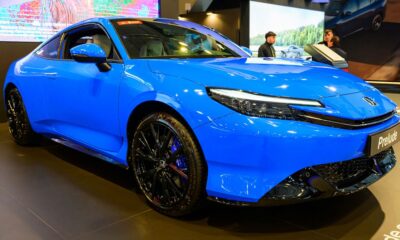
 Tech1 week ago
Tech1 week agoThe Supreme Court’s Tariff Ruling Won’t Bring Car Prices Back to Earth


